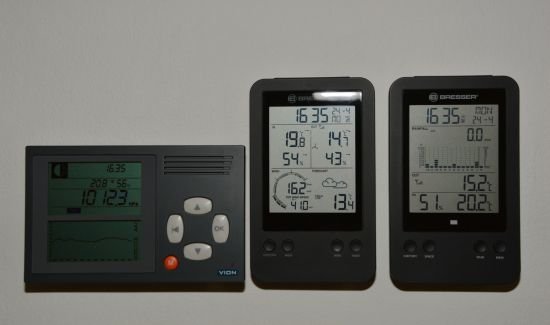
Leaving home safely, whether it’s a short outing or a long journey, is very important. Simple steps like locking the door, turning on timed lights, and unplugging appliances keep your home safe. These tips help you focus on the road, especially along with safety Instructions for driving at night, so you can travel in peace.
1. Lock doors and windows properly
Research has found that 34% of burglars enter homes through the front door. Double-checking the locks on all doors and windows is a simple way to do so. To keep your home safe Using a smart lock is also a good option that gives you control even when you’re not at home.
2. Install timed lighting systems

Empty houses are easy targets, and research says that 27% of burglaries happen when no one is home. Timed lights make your home look like there is someone inside, which acts as a deterrent to intruders.
3. Secure the garage and shed
About 9% of break-ins occur through garages, which are usually used as secondary entry points. Locking the garage and shed and installing extra locks or alarms ensures these are not weak points for security in your home.
4. Avoid sharing travel plans on social media

It’s easy to share the excitement of going on vacation, but sharing your plans online can invite unwanted attention. It’s better to post photos or details after you return; this small habit helps keep your home safe.
5. Check the smoke detectors
Smoke alarms are critical, but only 60% work properly due to battery issues. Testing the detectors once a month and replacing batteries as needed keeps your home safe during a fire emergency.
6. Adjust your thermostat

Setting your thermostat before leaving the house helps prevent energy waste and keeps appliances safe. Setting your thermostat to 50-55°F in the winter prevents pipes from freezing and reduces power consumption.
7. Disconnect appliances
Unplugging appliances before leaving the house reduces the risk of fires caused by electrical issues. Devices such as toasters and TVs use “phantom” power even when turned off, which can eliminate waste or energy bills.
8. Arrange to collect mail

A full mailbox gives the feeling of an empty house, which is often overlooked by thieves. Have a neighbor collect the mail or arrange for a delivery service. This small step will prevent your home from feeling vacant.
9. Use Home Security Cameras
Security cameras act as deterrents and are also beneficial in case of emergency. With remote monitoring options, you can keep an eye on your home at any time, which gives you peace of mind when you are away.
10. Set up emergency contacts

Giving emergency contact details to a trusted friend or neighbor assures that they can help immediately if something unexpected happens. This way they can keep an eye on the house and also contact you directly if needed.
11. Test Water Shut-Off Valves
Water loss is a common home insurance claim, usually caused by plumbing issues when the home is empty. Turning off the home’s main water valve protects you from water loss and costly repairs when you’re away.
12. Tell a neighbor about your plans
Sharing your travel plans with a trusted neighbor keeps an extra eye on your home. They may notice anything unusual and notify you or the authorities if necessary, which adds another layer of security to your home.




